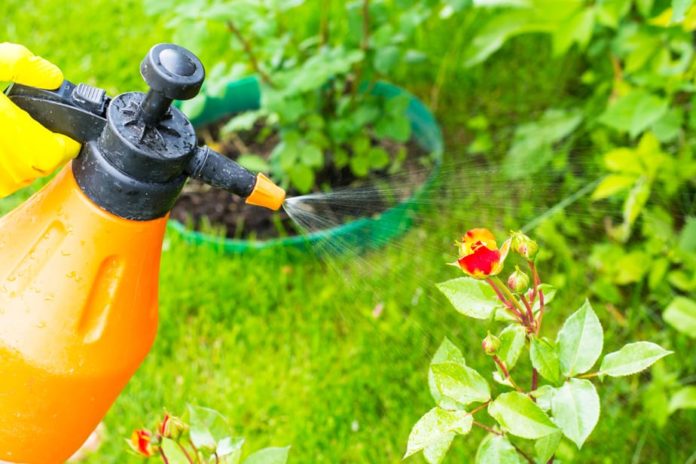Synthetic insecticides, pesticides, and herbicides are powerful solutions to stopping pest infestation problems in the garden. However, they are unhealthy and harmful for humans and animals. Spraying these chemicals may eradicate pests and weeds on the spot, but they pose health risks. And while synthetic pesticides can be effective, with frequent exposure to the chemicals, pests gradually develop resistance against these chemicals. They only build the immune system of these unwanted critters.
Gardening specialists suggest exploring non-toxic, environmentally-friendly pest control methods. You can start off by sourcing healthy soil, providing proper watering and sunlight levels, regular pruning, applying organic fertilizers, and planting the right plants to their matching soil type. If these practices don’t work, you can try out alternative pesticides that can combat pests without harming your family and your environment.
Consider these organic and natural pest control measures:
Traps and lures
Using visual lures, pheromones, or food to draw in pests and catch them, traps are an effective pest control solutions that don’t cause harm to humans, animals, and your immediate environment.
You can also use traps to monitor and control the growth of pests. While observing pest population, insect traps can help in identifying the number of insects present in your garden, the time they surface, and other details that can help you decide how to deal with pests. Traps are often used to catch insects and rodents. They are best used together with other pest control methods or Pest Control Wasp DIY (e.g. fly traps can only lure in adult flies, but you can explore another method to also draw in fly pupae).
Repellants and barriers
These solutions are ideal for keeping bugs at bay and from seeking shelter in your home and garden. They serve as a wall to prevent bugs from finding their way to your home and garden.
For example, if you plant cucumber inside rolls of toilet paper, cutworms cannot climb into them. Plants that naturally repel aphids and ants are peppermint, spearmint, and pennyroyal. The strong odours that lavender and garlic emit also deter pests. Try planting them in strategic areas in your garden to keep out pests.
Soaps and oils
Is your garden a hotspot for soft-bodied insects like mites, spiders, bugs, and whitefly? Use insecticidal soaps and oils. They contain fatty acids that get into the external covering of insects, destroying their cells. Apply them directly to the insect for best results. Soaps and oils lose their effect once they dry. They are the least toxic type of pesticide and they are not harmful to beneficial insects like praying mantises and ladybugs.
Beneficial insects
There are good insects that you can grow in your garden that can help you ward off pests. Beneficial insects can thrive in your garden if you give them food, water, and shelter. They are relatively safer and they work harder in combating pests than the average pesticide. But before inviting good insects into your garden, make sure to research these insects or consult experts with pest control in Collingwood to get a deeper insight into your pest problems and know which insects can help you tackle the problem.
Home pest control solutions
Other pest control products you need can be found in your home. If you’re looking for solutions to eliminate mice, roraches, fleas, and other pests, consider the following remedies that are safe and healthy for your household:
- Cucumbers – Throw cucumber slices in your garden to stop ants from marching into and around your property. Ants detest the fresh smell of cucumbers.
- Cedar – Keep out bugs by placing cedar blocks around your home. Cedar gives off that woody scent that fabric-eating moths hate.
- Citrus peels – Say goodbye to spiders by using citrus peels to shoo them away from your kitchen. You can also rub citrus peels on areas where spiders lurk, like doorways, cabinets, and window sills.
Don’t panic in the face of pesky pests. Follow these organic pest control solutions to keep your home and garden safe and healthy for your family without causing harm to the environment.













